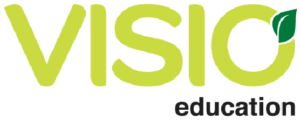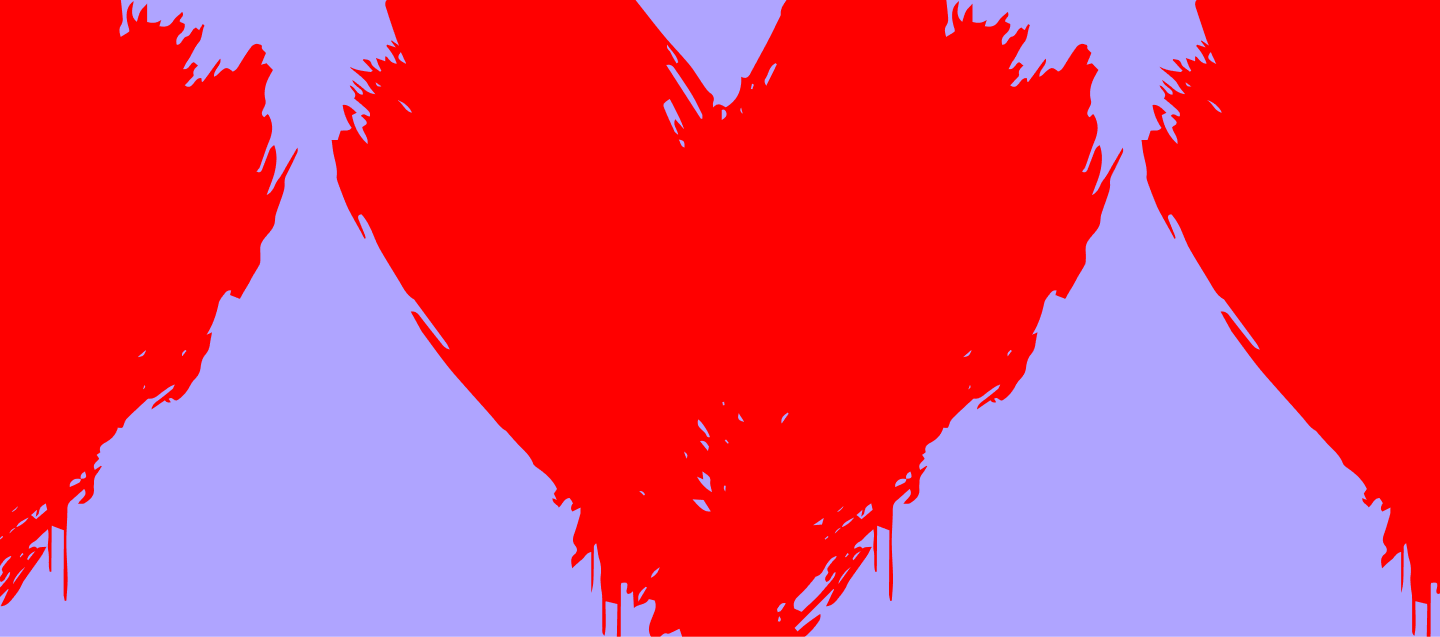
HOW CAN DESIGN
FOSTER BELONGING?
THE REDESIGN BELONGING
OPEN CALL
21 January -14 March 2025
Belonging isn’t just a box to check—it’s a lifelong journey, and design can play a powerful role in shaping that journey. We invite designers, creative thinkers and makers, students, and creative entrepreneurs from across Europe who have an idea to foster belonging through co-creation and are looking for an opportunity to exchange ideas, experiences, and knowledge.
Research shows that even after several years in a host country, many migrant women find themselves overlooked by systems that presume they’ve already integrated. That’s why we are launching the Redesign Belonging open call. This call aims to bring together design enthusiasts and migrant women to co-create innovative solutions that foster solidarity and promote a sense of belonging within the EU. The Open Call is now closed and the Jury selected 11 finalists and then, with the help of the public, five winning projects. If you would like to learn more about the winners, go here.
Below you can read what the open call looked like.

WHY SHOULD WE
DESIGN FOR BELONGING?
Migrants who move within or towards Europe often face ongoing challenges in finding a sense of belonging, even after years of living in their new countries. For migrant women in particular, opportunities for integration and support often fade after the initial integration period. They often find themselves overlooked by systems that presume they’ve already integrated. But belonging is a lifelong journey—one that requires safety, connection, and opportunities to thrive.
For the Redesign Belonging Project we’ve heard from over 200 women in Finland, Spain, and the Netherlands who shared their experiences and challenges in adapting to life in a new country. We heard loud and clear that belonging isn’t just about fitting in—it’s about feeling valued, included, and empowered. Belonging means feeling connected—to people, places, and communities. For migrants, this can mean navigating new languages, cultures, and systems while searching for inclusion and understanding. Small actions—like inclusive activities or accessible information—can make a big difference in fostering that sense of connection.
Read more about the insights of the activities and research leading towards the open call here.

WHAT ARE WE LOOKING FOR
The purpose of the Redesigning Belonging project is to explore how design and co-creation can nurture a sense of belonging. We’re now calling on designers, students, creative makers and thinkers and anyone with innovative ideas to help us Redesign Belonging.
Whether your idea focuses on public spaces, services, or personal experiences, we’re looking for solutions that can strengthen connections, promote inclusivity, and empower migrant women. We believe that an intersectional approach is essential for developing a nuanced understanding of belonging, considering factors such as age, ethnicity, culture, gender, disability, and immigration status. You don’t need to be an experienced designer—just bring your ideas and enthusiasm to co-create with us, we will provide you with support.
WHAT IDEAS ARE WE LOOKING FOR:
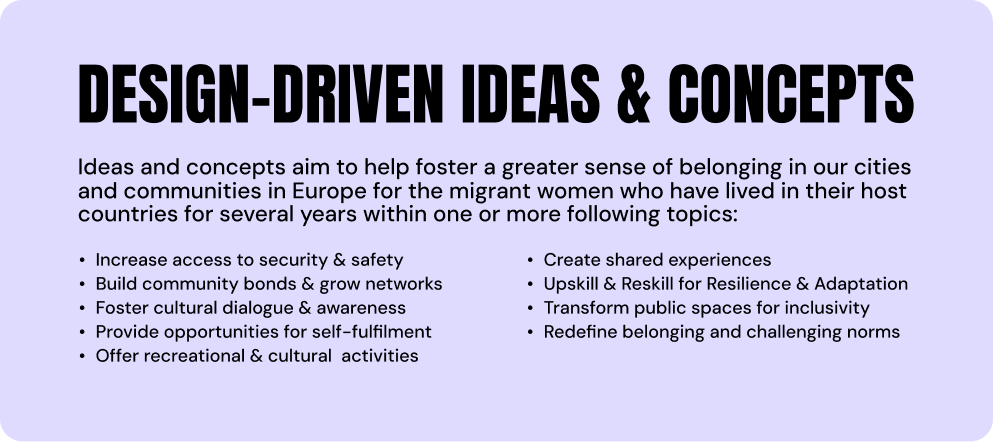
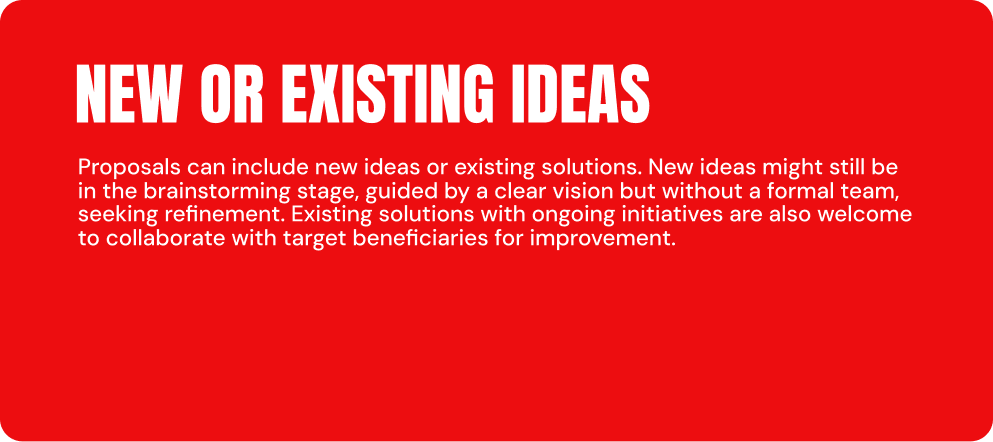
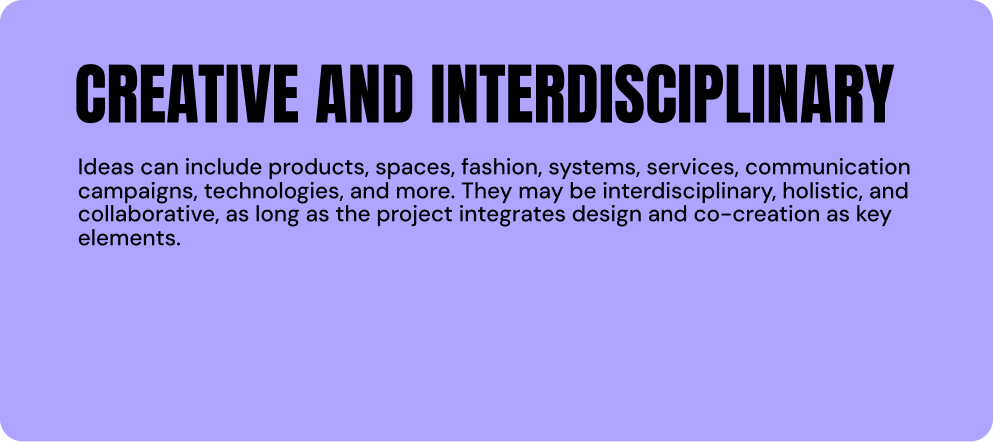
WHY JOIN?
Sselected participants will become a part of a Creative Collective Cohort and will be able to develop and co-create their idea with the target group and pitch the ideas to key stakeholders. The 5-10 cohort members will also be given an opportunity to exchange ideas, experiences, and knowledge.
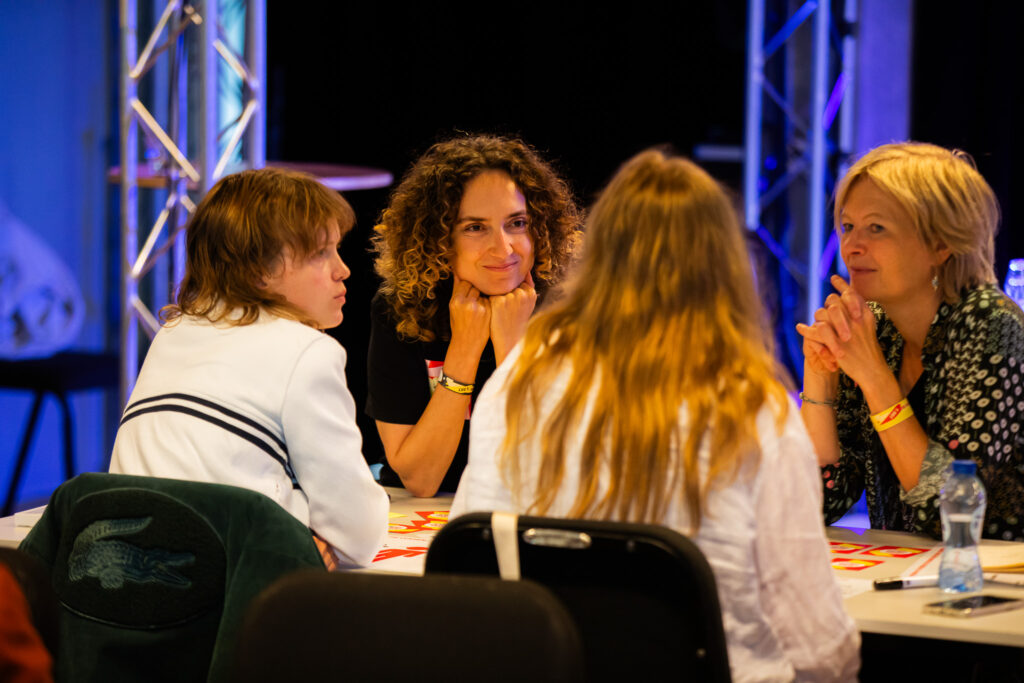
COLLECTIVE KNOWLEDGE
The selected projects will be part of the Creative Collective, sharing knowledge and insights on social design to define the next steps in your project.
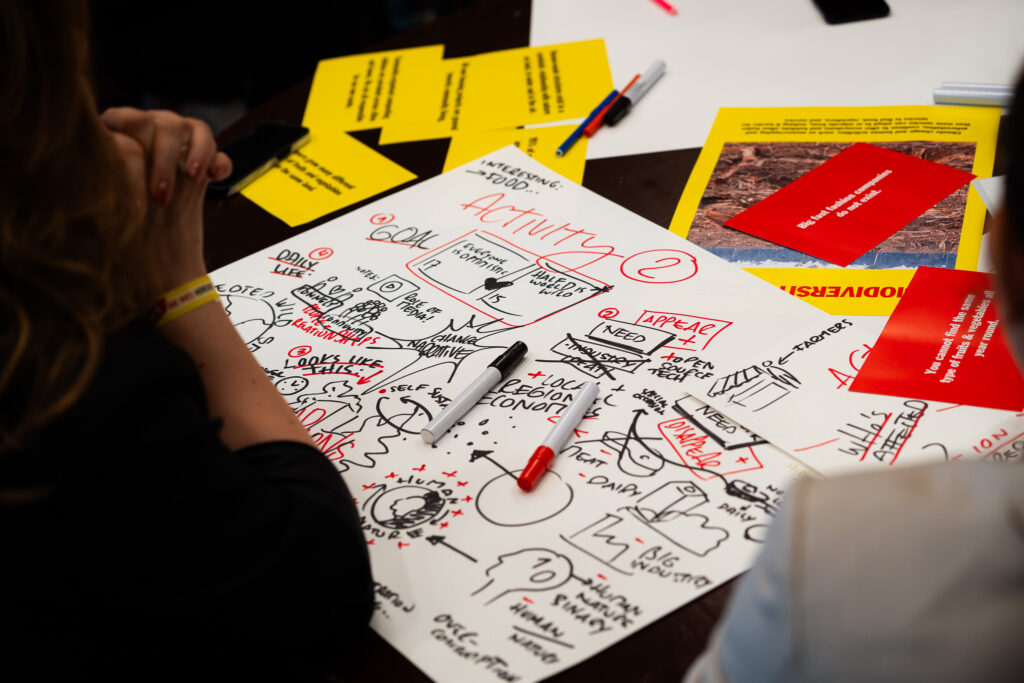
REFINE & CO-CREATE
Take part in a co-creation workshop hosted in the Netherlands, Finland, or Spain to refine your ideas together with communities, designers and policy makers.

VISIBILITY
Gain visibility through What Design Can Do’s platform and the project partners Laurea University, Educational Centre Visio and Euro-Arab Foundation Fundea.
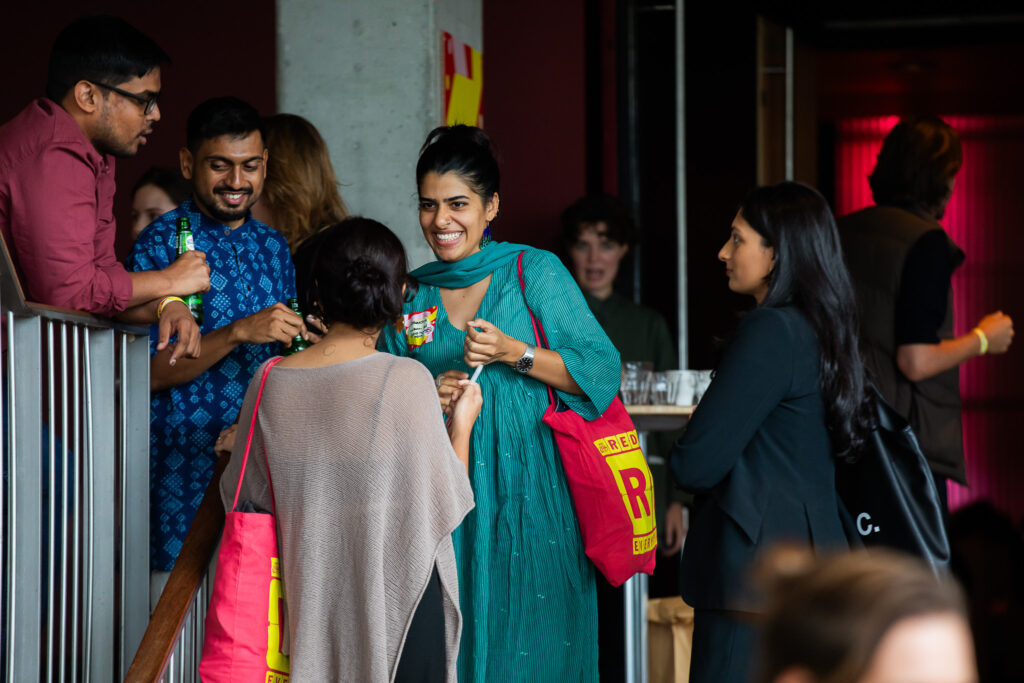
TEST, PILOT & PITCH
Pilot your ideas with experts and gather real-world feedback. Present your project to key stakeholders and expand your network.
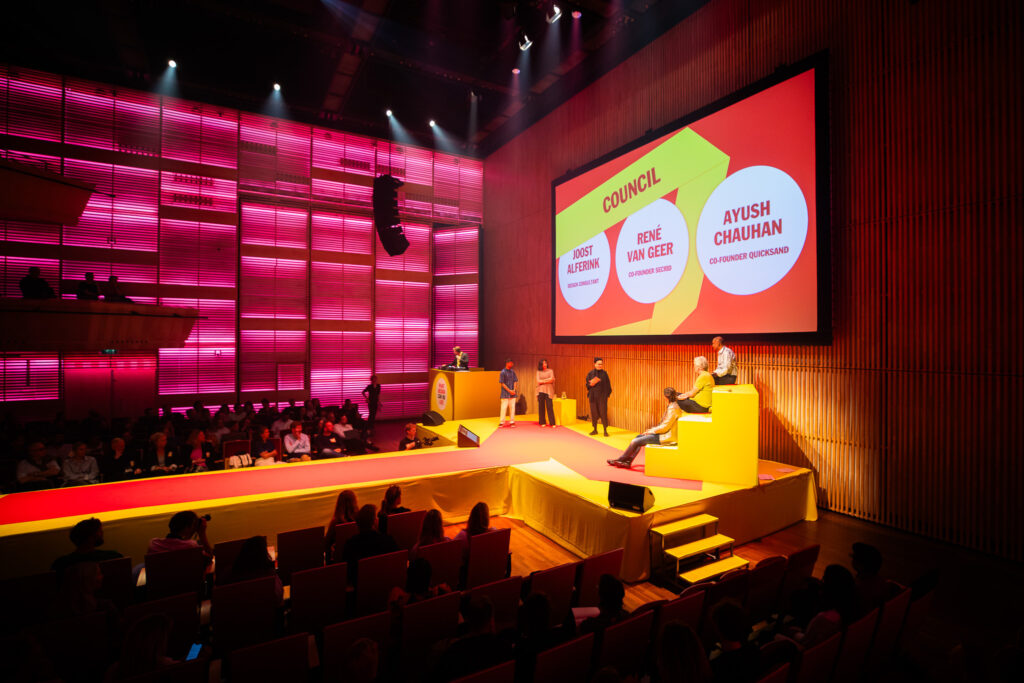
PRIZE PACKAGE
Winning projects will be awarded €1000. Travel and accommodation expenses will be covered to attend the WDCD event in Amsterdam.*
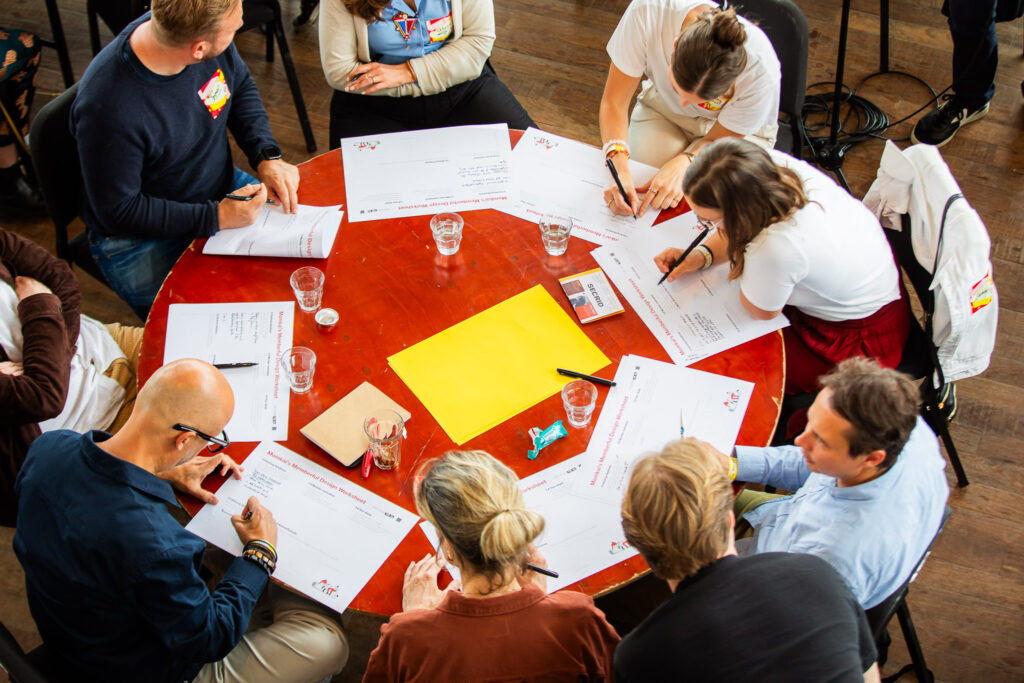
SHOWCASE
Showcase your project at the renowned WDCD Live event in Amsterdam in June 2025, Including all access to the festival.
EXAMPLES
HOW TO APPLY
Ready to submit your proposal for the Redesign Belonging open call? Apply by 14 March 2025, 11:00 CET. Please make sure your project is submitted in English. However, don’t worry too much about your grammar and spelling. We understand that not everyone is a native speaker! You can always utilize digital tools such as Google Translate, DeepL Translate or ChatGPT for assistance. Please note that this call open for EU residents only. If you would like to learn more, join one of our three webinars.
TIMELINE
OPEN CALL
21 January – 14 March 2025
Call for applications.
SELECTION
March 2025
Selection of nominees & voting via a public webinar.
ANNOUNCING WINNERS
April 2025
Announcement of winners.
CO-CREATION
April – December 2025
Opportunities for co-creating & connecting with stakeholders.
SHOWCASE
June 2025
Showcasing design solutions at WDCD Live Amsterdam 2025.
SELECTION PROCESS
After submitting your application, the curated international jury of experts will review and select a list of ’Nominees’ among all the applications. Afterwards, we will open a public vote too! At the end of the open call, a maximum of 10 winning ideas will be selected according to four key criteria: the impact of their project, the role creativity takes in it, feasibility and realistic implementation, and finally the candidates and their motivation.
FAQ
Do I need a legal entity for my project?
You don’t need a legal entity for your project, it can be a company, non-profit, collective, studio, community but we also welcome individual applications.
Can I apply in my own language?
Because Redesigning Belonging is a European collaboration project we ask applicants to submit their proposal in english so our jury members can read and review it.
Who is behind this open call?
Redesigning Beloning project is a an international project that aims to foster solidarity and promote sense of belonging among migrant women who have been in host countries for more than five years. This project is co-financed by the European Commission in the framework of the Citizens, Equality, Rights and Values Programme (CERV). The project consortium includes Laurea University of Applied Sciences (Finland, coordinator), Euro-Arab Foundation for Higher Studies (Spain), Educational Centre Visio (Finland) and the international non-profit organization What Design Can Do (The Netherlands).
*What expenses are covered for attending the WDCD Live event?
Travel of up to 400 EUR and accommodation in affordable local lodging (hostels or rental apartments) of up to 100 EUR per night for a maximum of 3 nights will be reimbursed for a maximum of 2 people per team.
What is the time commitment required if I am a winning project?
Count on about an hour per week in the months of April, May, and June. Expect a few online support meetings, networking sessions and participation in a co-creation session. You will also be invited to the WDCD festival in Amsterdam, which will take about 2-3 days depending where you are travelling from.
Can you apply if you are based outside the EU?
We encourage applications from the EU, but you can still apply if you are based outside the EU. However the expenses covered for travel and accommodation have been calculated for participants coming from the EU, so this is something to take into account.
Can I submit more than one project?
Yes you can submit more than one project to the Open Call and we will consider them as separate applications.

